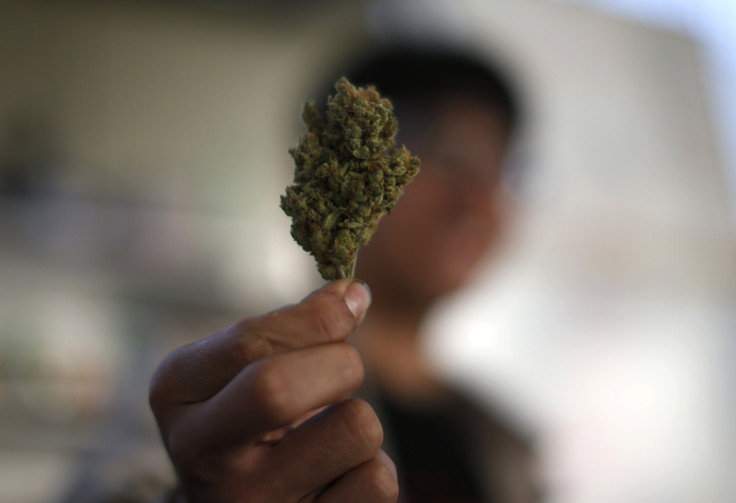Marijuana Legalization 2015: Californians’ Support For Adult's Recreational Use Of Pot Reaches Record High

Support for the legalization of recreational marijuana use by adults has reached an all-time high in California, a state whose pot-friendly reputation precedes it but that has failed to get residents to approve full legalization in the past. A record 54 percent of potential California voters said they favored legalizing weed this year, a 3 percent increase in support from 2014, according to a June poll from the Public Policy Institute of California.
While the poll wasn’t the first to show that a majority of Californians favor legalizing recreational marijuana, it was a record high and comes at a time when legalization advocates are gearing up for the 2016 elections. Overall, support for legalization has increased among likely California voters by 6 percent since 2010, the policy group found. Researchers noted that for the first time, a majority (52 percent) of Californians ages 55 and older said they thought marijuana should be legalized – up from 42 percent in 2010. Support was highest among residents between the ages of 18 and 34, with 61 percent favoring legalization.
Proponents of marijuana legalization in the U.S. have long eyed California as a place where a legal weed market would thrive. California was the first state to legalize medical marijuana in 1996 during a time when only a handful of states were even considering such laws. Alaska, Oregon and Washington followed suit two years later.
With 39 million residents, California has the potential to become the country’s largest retail marijuana market, something it could relatively effortlessly incorporate into its already-established medical marijuana industry. Medical pot is a $980 million industry in California, according to a 2014 report from ArcView Group, a marijuana research and investment firm based in San Francisco. Add adult-use marijuana sales to the mix and the market would explode, according to some experts. California’s bustling legal marijuana industry employs an estimated 100,000 people, a figure some expect will blossom ten-fold over the next few years should weed become fully legal in the state.
Several ballot measures are in the works to legalize marijuana in California in 2016. Two groups filed ballot initiatives in April and were busy gathering the signatures they need to qualify for the 2016 election. Similar initiatives failed five years ago.
Many say legalization in other states hinges on what happens in California next year, and if California were to legalize weed, it would have a domino effect across the U.S. “A lot of eyes are on California,” said the state’s Lt. Gov. Gavin Newsom, a legalization proponent, to Bloomberg in April. “It’s very different than almost any other state because of the scale and the magnitude of the change and what it will represent across the country.”
At least five states – Arizona, California, Maine, Massachusetts and Nevada – are poised to legalize retail marijuana in 2016. Colorado and Washington legalized retail weed in 2012; Alaska, Oregon and the District of Columbia did so last year.
© Copyright IBTimes 2024. All rights reserved.






















